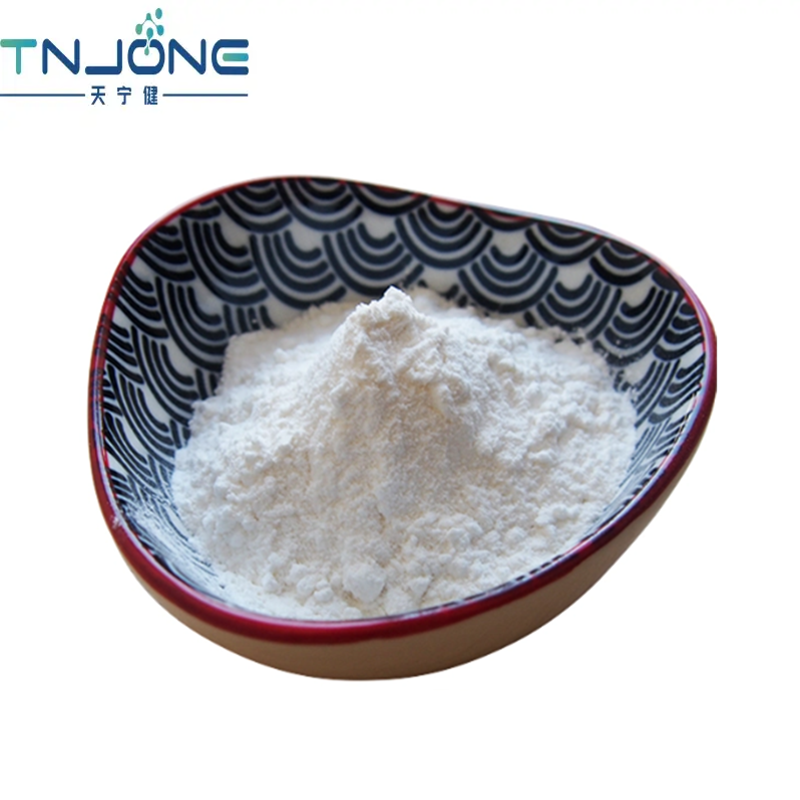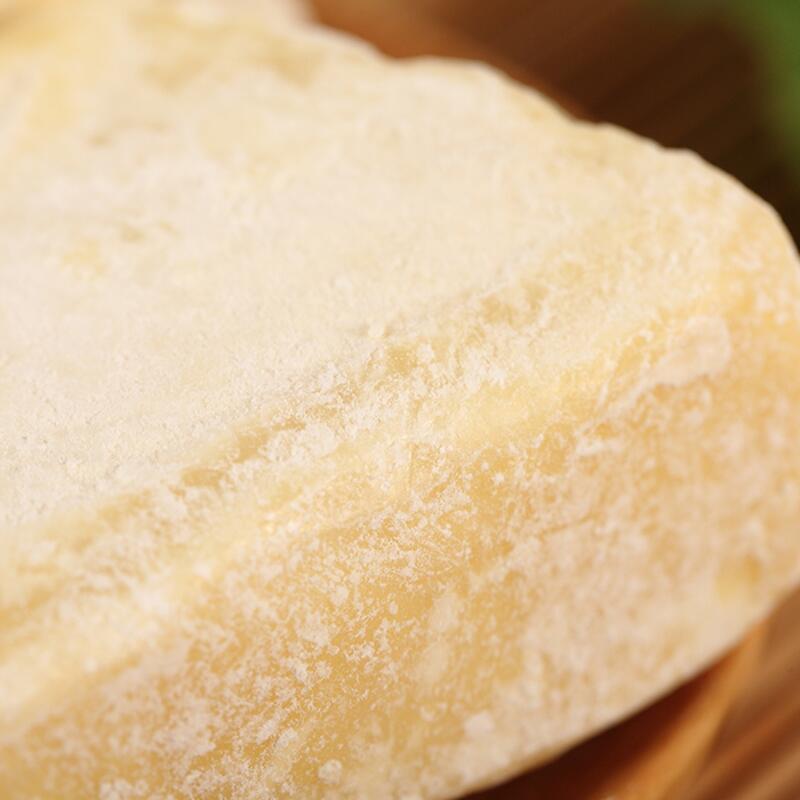-
Categories
-
Pharmaceutical Intermediates
-
Active Pharmaceutical Ingredients
-
Food Additives
- Industrial Coatings
- Agrochemicals
- Dyes and Pigments
- Surfactant
- Flavors and Fragrances
- Chemical Reagents
- Catalyst and Auxiliary
- Natural Products
- Inorganic Chemistry
-
Organic Chemistry
-
Biochemical Engineering
- Analytical Chemistry
-
Cosmetic Ingredient
- Water Treatment Chemical
-
Pharmaceutical Intermediates
Promotion
ECHEMI Mall
Wholesale
Weekly Price
Exhibition
News
-
Trade Service
In recent years, with the continuous improvement of economic level, the import and export trade between countries, especially food trade is also increasing, but in the import declaration link export products are rejected by foreign regulatory authorities, the situation occurs from time to time, many export enterprises may face the dilemma of products being returned or destroyed, so what is the reason for export enterprises to face such a dilemma? This issue we first look at the export of Korean food has been repeatedly informed by the South Korean authorities an important reason - metal foreign property exceeds the standard.
Food (mainly powder products) in the metal foreign property has been the focus of south Korea's official import inspection and sampling, China's food exports to South Korea has also been repeatedly informed by South Korea because of metal foreign objects exceeded the standard, rejected outside the door;
1, South Korea informed the refusal to enter the non-conforming food information from January to November 2020, China's food exports to South Korea has 11 batches of products due to metal foreign objects exceeded the standard by South Korea, refused entry, other countries to South Korea products also have similar problems.
e.g.: January 2020 U.S. mixed flour for the detection of metal foreign property (15.1 mg/kg) exceeded the standard by the South Korean authorities, in February China's export of Korean chili seed powder due to metal foreign material exceeded the standard (39.6 mg/kg) was notified by the South Korean side.
In April, Japan's Korean curry powder was notified by South Korea of exceeding the standard of metal foreign property (48.8 mg/kg).
november, a Vietnamese company exported Black Pepper to South Korea because of metal foreign objects exceeded the standard by South Korea two times in a row.
products that have been notified are generally returned or destroyed.
II, South Korea's domestic market sampling related non-conforming food information On May 26, 2020, South Korea on the portal of the top 20 barley malt powder sampling, the results of 11 kinds of barley malt powder products detected metal foreign property exceeded the standard, at least detected metal foreign 13.7 mg/kg, more than 5 times the safety standards (53.5 mg/kg), non-conforming products are recalled, destroyed.
July 13, 2020, South Korean officials ordered a South Korean food company to stop selling and recall products made by a South Korean food company because of excessive metal foreign material.
July 21, 2020, the Korean Consumer Institute on the internet hot pepper, cinnamon powder, cumin powder and other 20 kinds of condiments were tested, found that 14 products of iron powder content exceeded the standard, the highest more than 18 times the safety standards, the tested condiments nearly 70% do not comply with South Korean regulations.
3. Regulatory response On August 3, 2020, the Ministry of Food and Drug Safety (MFDS) of South Korea conducted a metal foreign (iron powder) inspection of 130 kinds of barley malt powder products circulating in the domestic market of South Korea, confirming whether iron powder removal equipment was installed.
November 12, 2020, the Ministry of Food and Drug Safety of Korea (MFDS) again issued a designated notice for the inspection of imported food orders (No. 2020-17), extending the inspection period of the order for barley malt powders from all countries to Korea by one year, with the implementation dates from 25 November 2020 to 24 November 2021.
4. National regulatory requirements for metal foreign property in food in South Korea, the Codex Alimentarius stipulates that metal foreign property in food should be ≤10.0 mg/kg, size ≤2.0mm, but this indicator is only for the use of raw materials treated by the crushing grinding process or by the crushing process of powder, pills, liquids, pastes and other products.
code also requires such products to go through a magnetic rod removal process, and South Korean officials may also require the submission of a metal foreign object detection report when the import is declared.
there is no quantitative requirement for metal foreign objects in China, the standard requirement for foreign objects is "no normal vision visible foreign objects."
In the United States, "Hard and sharp foreign-caused food adulteration" (CPG Sec. 555.425) stipulates that the length of hard and sharp foreign objects in food is 7 mm, otherwise considered adulterated, but does not specify the weight of metal foreign property.
, the cause of the detection of metal foreign objects in food analysis 1. Mixed through raw materials.
If the enterprise into the storage of non-conforming raw materials or did not carry out storage inspection, raw materials are not cleaned or stored when unsealed storage, without magnetic rod filtration and other screening processes into production, may be mixed with metal foreign property.
2. Mix in the production process.
workshop and surrounding environmental management is not in place, poor personal hygiene management of employees, production equipment damage or management negligence, etc. will also be mixed with iron chips, iron chips and other foreign objects.
addition, for hard agricultural products, etc. in the grinding and crushing process, ball grinders, blades and other metal machines constantly friction, will also lead to iron powder and other foreign property mixed in.
3. Check management is not in place.
not strict inspection of semi-products or end products is also the reason why metal foreign objects are detected.
6. Through the monitoring of foreign early warning information in recent years, the small knot food partner network can be found that South Korea has repeatedly informed such unqualified information, but there are still many domestic and foreign enterprises do not understand South Korea's supervision of this kind of food, products are still informed by the South Korean side of the situation still occurs.
In order to ensure the smooth development of future trade with South Korea, we have summarized the following points for the reference of Korean enterprises: 1. There are differences in national regulations, enterprises should understand the target country before export of their products, in accordance with regulatory requirements for product control.
if the product form classification belongs to the Korean metal foreign body control powder, pills, liquids, pastes and other products, it is important to control the limit of metal foreign property.
2. From raw materials storage acceptance to product production of all process links to carry out strict quality control.
Through visual inspection (and magnet adsorption) to check whether the raw materials are mixed with foreign objects, regular inspection and maintenance of work equipment, etc. to ensure that there are no broken defects, regular inspection of the health of the supplier enterprises, raw materials before grinding, screening, etc. to remove the possibility of foreign objects, the use of X-ray machines, metal detectors to check the presence of non-metallic and metal substances in the product, including semi-finished products and final products to check, regularly clean up the magnetic rods.
Related reports: Export products are notified reason analysis: export products are informed reason analysis: export article (iii) this article for the food partner network food safety compliance division original article, reprinted please contact us.
Food Safety Compliance Division provides domestic and foreign food standards regulatory management and consulting, food safety information monitoring and analysis of early warning, product registration and filing services, label audit and compliance consulting, conference training services, etc., details: 0535-2129301, e-mail: vip@foodmate.net.
。







